If we add together the polling numbers of Trump, Sanders and Cruz, it’s clear that a majority of the electorate is ready for a president from well outside the political mainstream.
Start with the Trump slogan, “Make America Great Again“. It’s the first time in Wrongo’s memory that an explicit admission that America isn’t so great has been heard in an American presidential election. In a world where American Exceptionalism is settled dogma, how and why can a Republican say “we ain’t so great”, and be so successful?
Of course, that same dynamic also drives the willingness of voters to support the Democratic Socialist, Sanders. Bernie offers a different solution to the economic woes that the two parties have inflicted on us in the 35 years since we elected Ronald Reagan. Now, a substantial and very motivated part of the electorate on both the right and left, is telling pollsters that something different has to be on the table.
The old electioneering rules won’t work. We are in a time of anger and anxiety. Republicans go for the emotional jugular every day, while establishment Democrats are still trying to make points with a mix of policy, pragmatism and feel-good idealism. Democrats will have to decide whether they see the current political landscape as an opportunity to free themselves of these old terms of debate, or take full ownership of them moving forward.
Regardless of the GOP candidate, emotion will dominate their argument for the White House. John Michael Greer had an insightful piece last week about ways to look at voter motivations in America:
The notion [is] that the only divisions in American society that matter are those that have some basis in biology. Skin color, gender, ethnicity, sexual orientation, disability—these are the lines of division in society that Americans like to talk about, whatever their attitudes to the people who fall on one side or another of those lines.
The axiom in politics is that voters in these “divisions” tend to vote as blocs, and campaigns are designed to bring the bloc to the candidate. That’s less true today. Greer takes a deep dive into today’s politics, suggesting the largest differentiator:
It so happens that you can determine a huge amount about the economic and social prospects of people in America today by asking one remarkably simple question: how do they [earn] most of their income?
He posits that it’s usually from one of four sources: returns from investments, a monthly salary, an hourly wage, or a government welfare check. People who get most of their income in one of those four ways have political interests in common, so much so that it’s meaningful to speak of the American people as divided into an investor class, a salaried class, a wage class, and a welfare class.
The old divisions, women, gay people, people of color, are found in all four income classes. Finally JMG has a killer thought: The political wave that Trump and Sanders are riding has roots in the answer to another simple question: Over the last half century, how have the four classes fared? The answer is that three of the four have remained roughly where they were. The wage class in particular has been destroyed. And the beneficiaries were the investor and salaried classes. They drove down wages, offshored production, and destroyed our manufacturing base. More from JMG:
I see the Trump candidacy as a major watershed in American political life, the point at which the wage class—the largest class of American voters…has begun to wake up to its potential power and begin pushing back against the ascendancy of the salary class.
That pushback could become a defining force in American politics. The problem with that viewpoint is that their desired change is anti-business and anti-middle-class. And THAT change is not acceptable to those who control our politics, most of whom are squarely in the investor and salaried classes.
And a Trump candidacy is not the worst form it could take. If Trump is sidelined by another establishment type, a future leader who takes up the cause of the wage class could very well be fond of armbands or, of roadside bombs. Like the Bundy Brigade on steroids.
Once the politics of resentment becomes a viable strategy, anything can happen.
Read Greer’s analysis. Think about how the salaried class attack on Bernie as “socialist” might actually play out for Sanders, assuming he could analyze and communicate what is really going on here.
Think about how Hillary Clinton might stumble over the problems of the wage class, given her fervid support from the investor and salaried classes.
The usual fight for independent voters using conventional wisdom will not succeed in this political cycle.

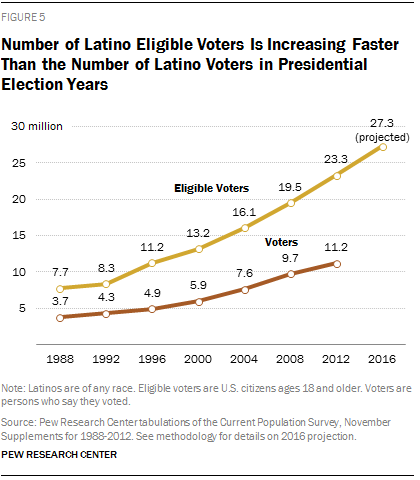
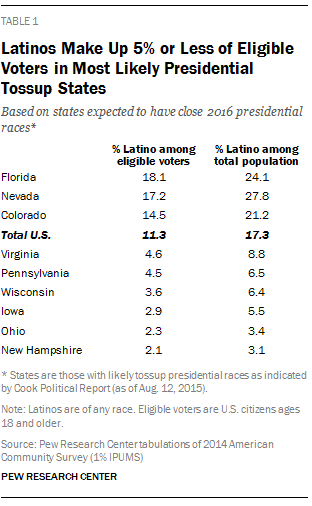

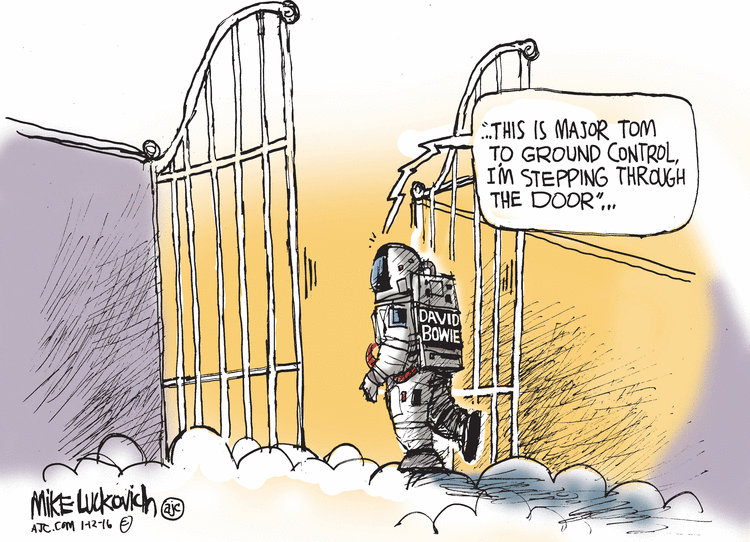
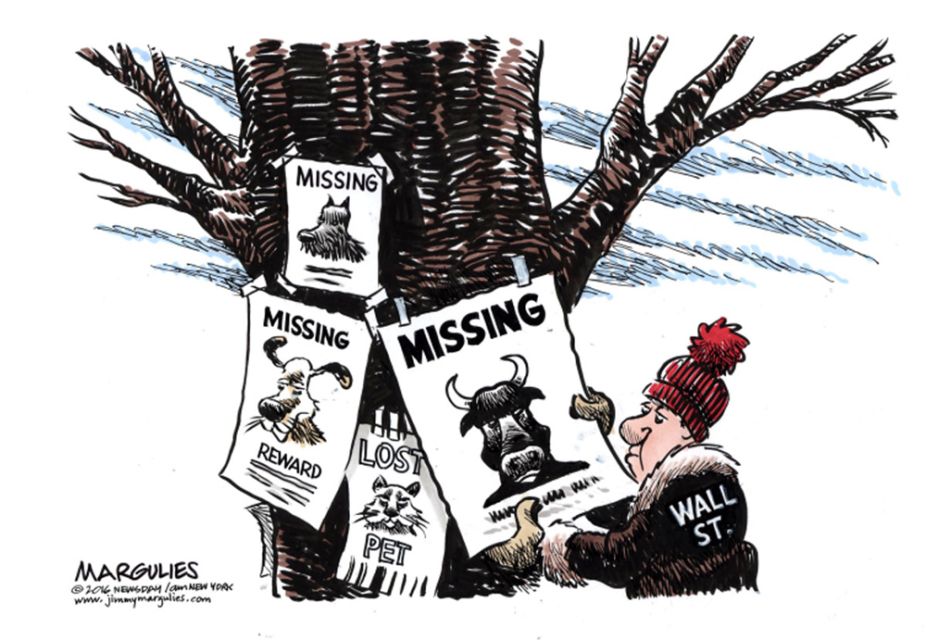
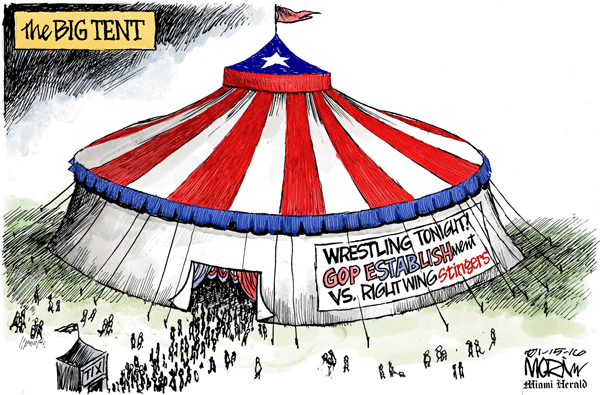
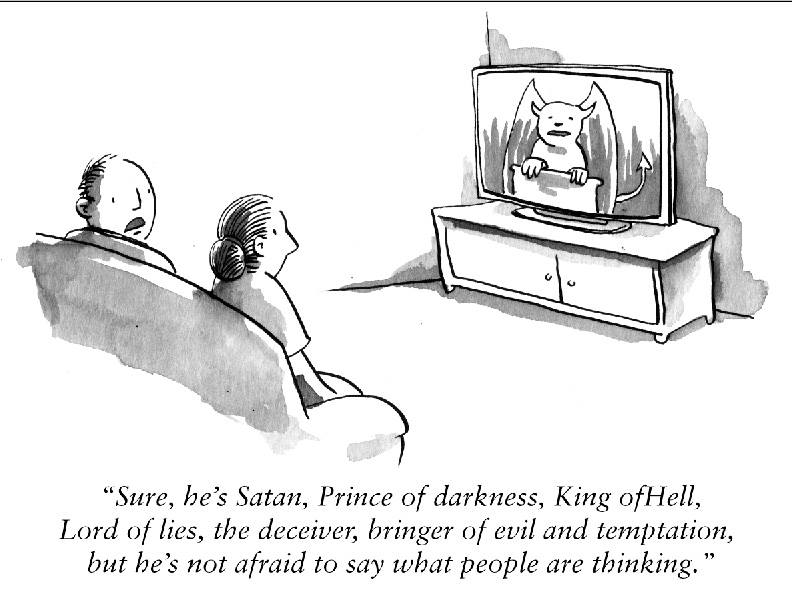
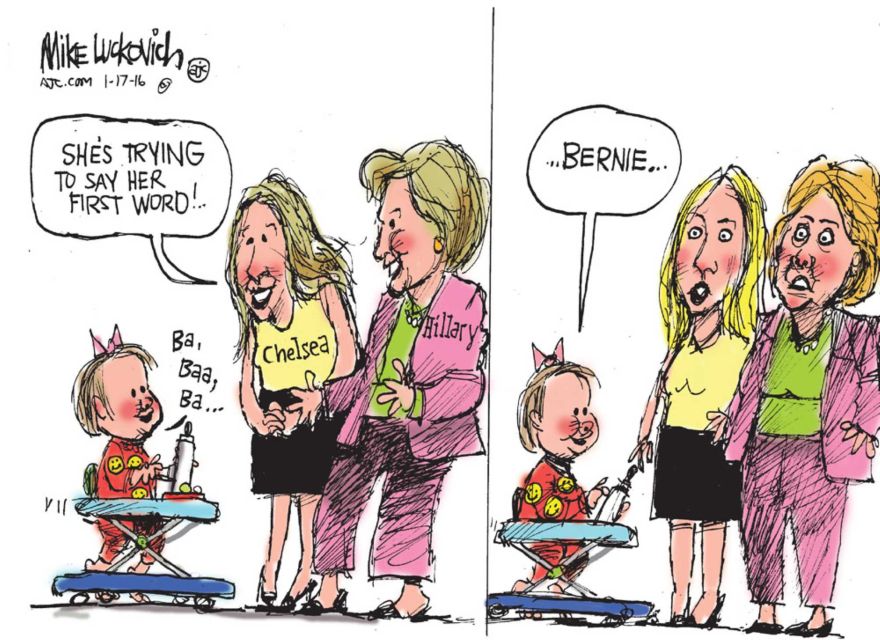
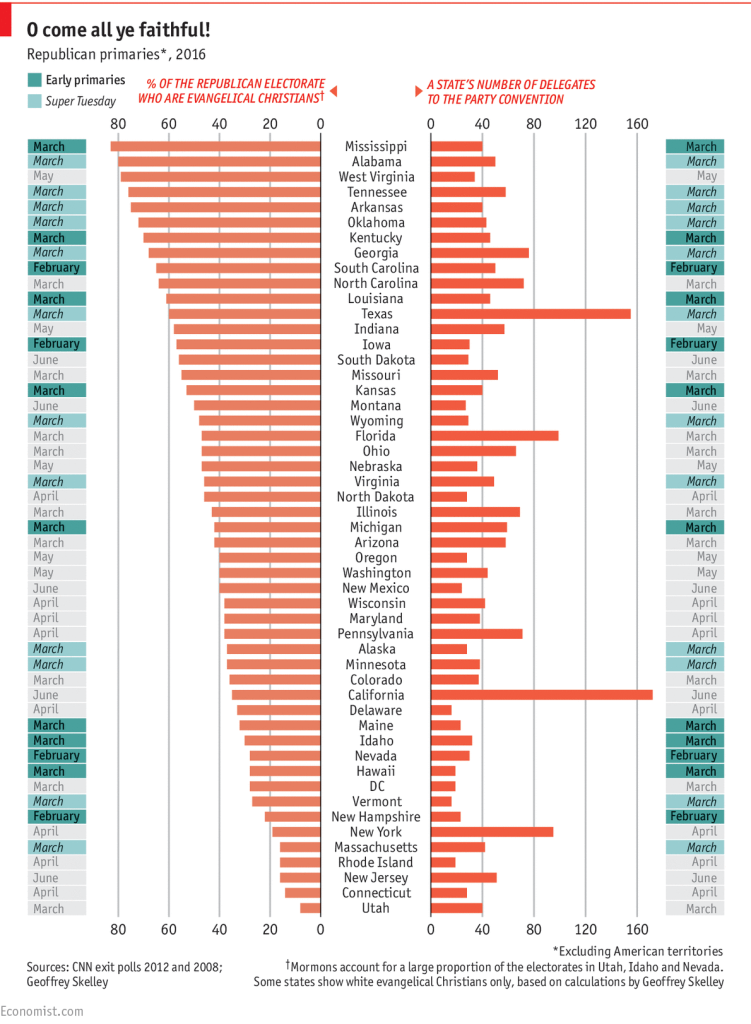
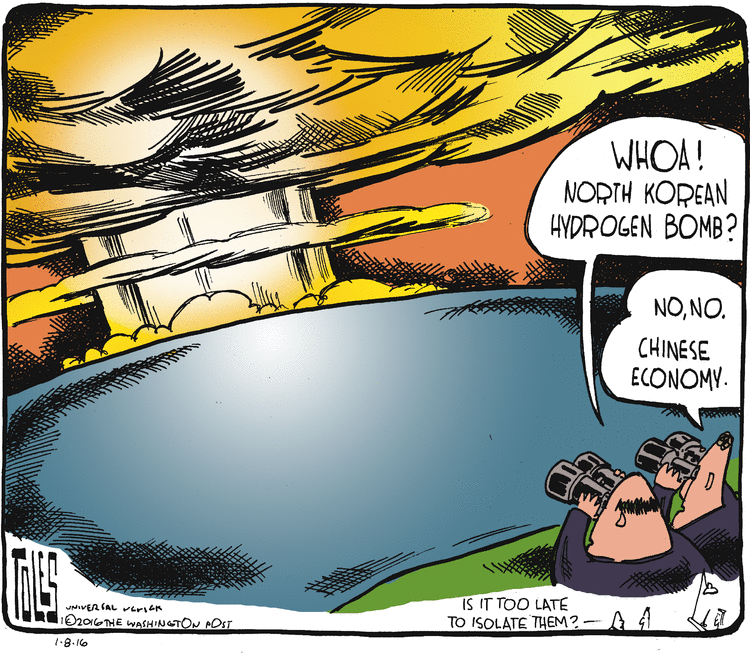
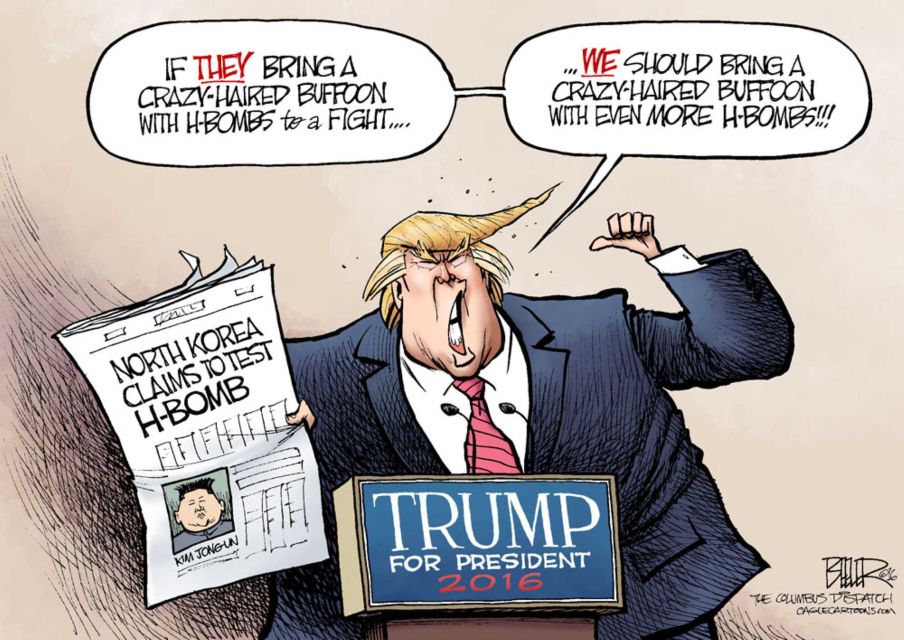
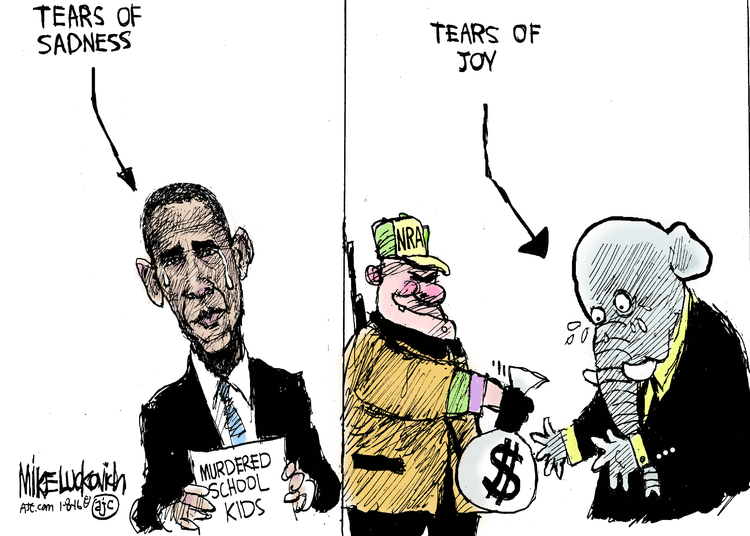 The logical conclusion of 2nd Amendment Absolutism:
The logical conclusion of 2nd Amendment Absolutism:
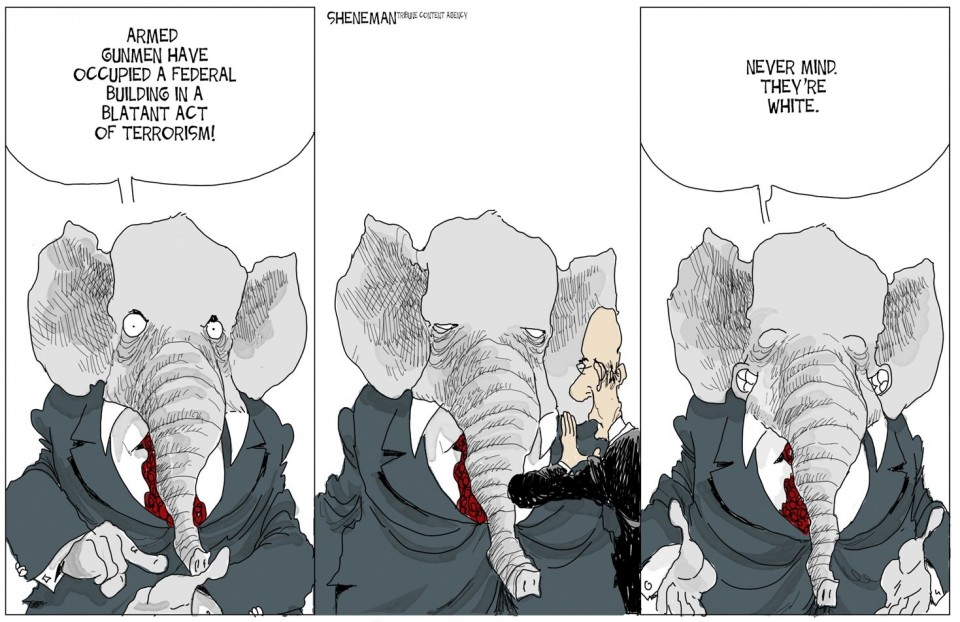 Saudi Arabia vs. Iran: Make sure we have no skin in their game:
Saudi Arabia vs. Iran: Make sure we have no skin in their game: